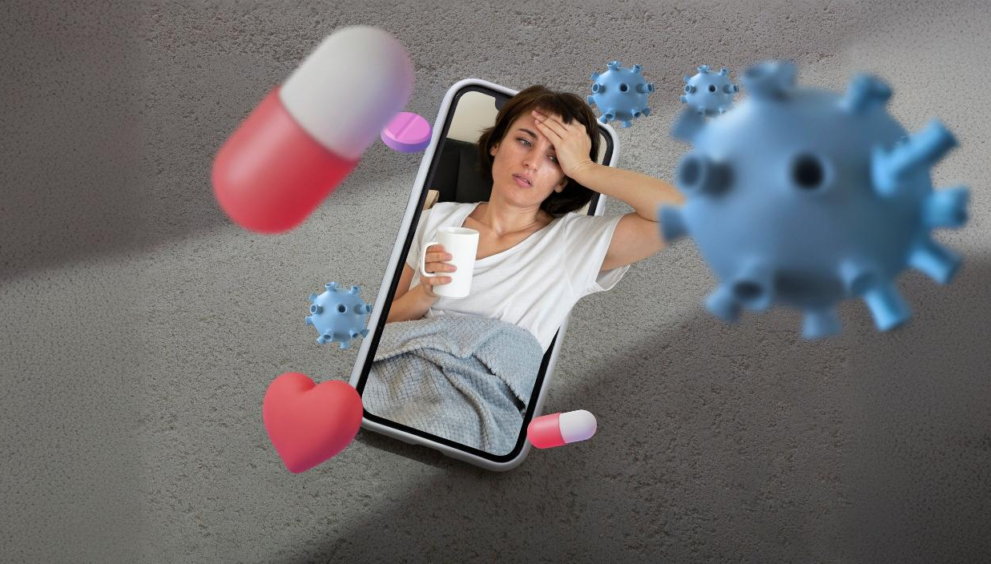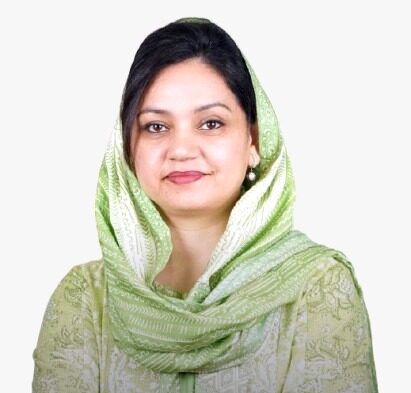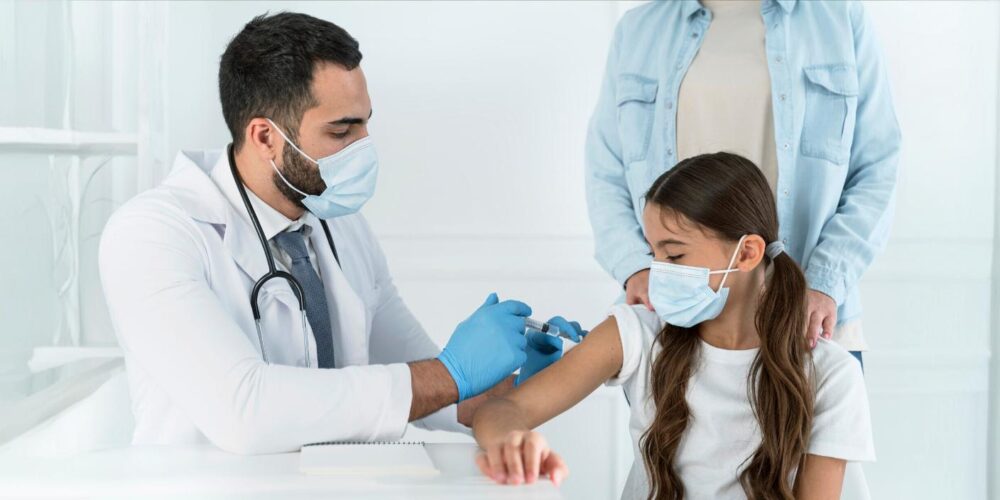‘Meta’s decision to stop fact-checking will fuel more health-related misinformation’
As Mark Zuckerberg announced that Meta will no longer rely on fact-checkers to ascertain the veracity of the claims made on its social media platforms, your health could be the biggest casualty
Author
Author
- admin / 1 year

- 0
- 4 min read

Author
Mark Zuckerberg recently announced that instead of relying on fact-checkers, Meta’s social media platforms, such as Facebook and Instagram, will leave it to people to fact-check information on their own. While fact-checkers around the world have raised alarms about the move, as a physician, I am afraid that public health may be one of the biggest casualties of the move.
Health is a sector that touches everyone’s life. While the internet and social media provides easy access to health information and facilitates better communication, some features also make it a fertile ground for the rapid spread of misinformation and disinformation.
Misinformation, as defined by the WHO, is the spread of inaccurate or false information, regardless of the intent to mislead. Disinformation, on the other hand, is the intentional spread of false or doubtful information with the aim to deceive or manipulate.

With advancements in technology, particularly in diagnostics, diseases are being diagnosed more frequently than in earlier times and with the rapid proliferation of health information on the Internet, and its convenience and availability, people’s first reaction is often to search online and try to acquire knowledge on their health conditions based on their symptoms, before seeking a professional diagnosis.
Studies show that 7% of Google’s daily searches— this equates to more than 1 billion per day —are health-related queries. Quality of online content related to health can vary as the content can range from being peer reviewed to personal blogs, opinions, or anecdotes of other patients.
Zuckerberg’s move is likely to further exacerbate the health-related misinformation ecosystem, as many people lack the skills to verify and fact-check, particularly in countries where health literacy is already low.
People consuming such information on the internet may not possess the necessary skills to evaluate medical information and relate it to their own health circumstances. As a consequence, online information can lead to patients’ being misinformed, lead to distress, and increase the tendency toward self-diagnosis or self-treatment. This behaviour has also contributed to the global rise in antimicrobial resistance(AMR), which poses an important global health challenge in the 21st century. Flexible regulations and the availability of over-the-counter medicines exacerbate this issue.
We have seen firsthand the real-world consequences of health related misinformation and how it costs lives in recent times- for instance, how the conspiracy theories around COVID took certain sections of people away from life saving vaccines and precautions.
Health misinformation also results in delayed treatments and thus increasing the burden of diseases or disease progression, leading to increased healthcare costs due to complications that require more extensive medical interventions. Ultimately, patients bear the economic, social, and psychological costs of not receiving the right treatment at the right time.
Critics argue that relying on community-based mechanisms like “Community Notes” is insufficient to curb the spread of misinformation, as these mechanisms depend heavily on user participation and may lack the rigor needed to address mis-and disinformation regarding complex health topics.
Zuckerberg himself must understand the consequences of misinformation, as Meta’s representatives were recently summoned by the India’s Parliamentary Committee over Zuckerberg’s comments about Indian elections stating that India is among “a ton of countries… (where) incumbents basically lost” elections because of the way they handled the COVID-19 pandemic.
While currently the decision is limited to the US market, fact-checkers in India are also concerned if the same would be extended to the region too. However, with no real clarity on Meta’s plans for the region, it is a matter of waiting and watching at this time. There is no doubt however, that Meta’s move will take us leaps behind in combating misinformation and safeguarding public health.
Dr Sabba Mehmood is the Co-Founder and Director of First Check and DataLEADS.









